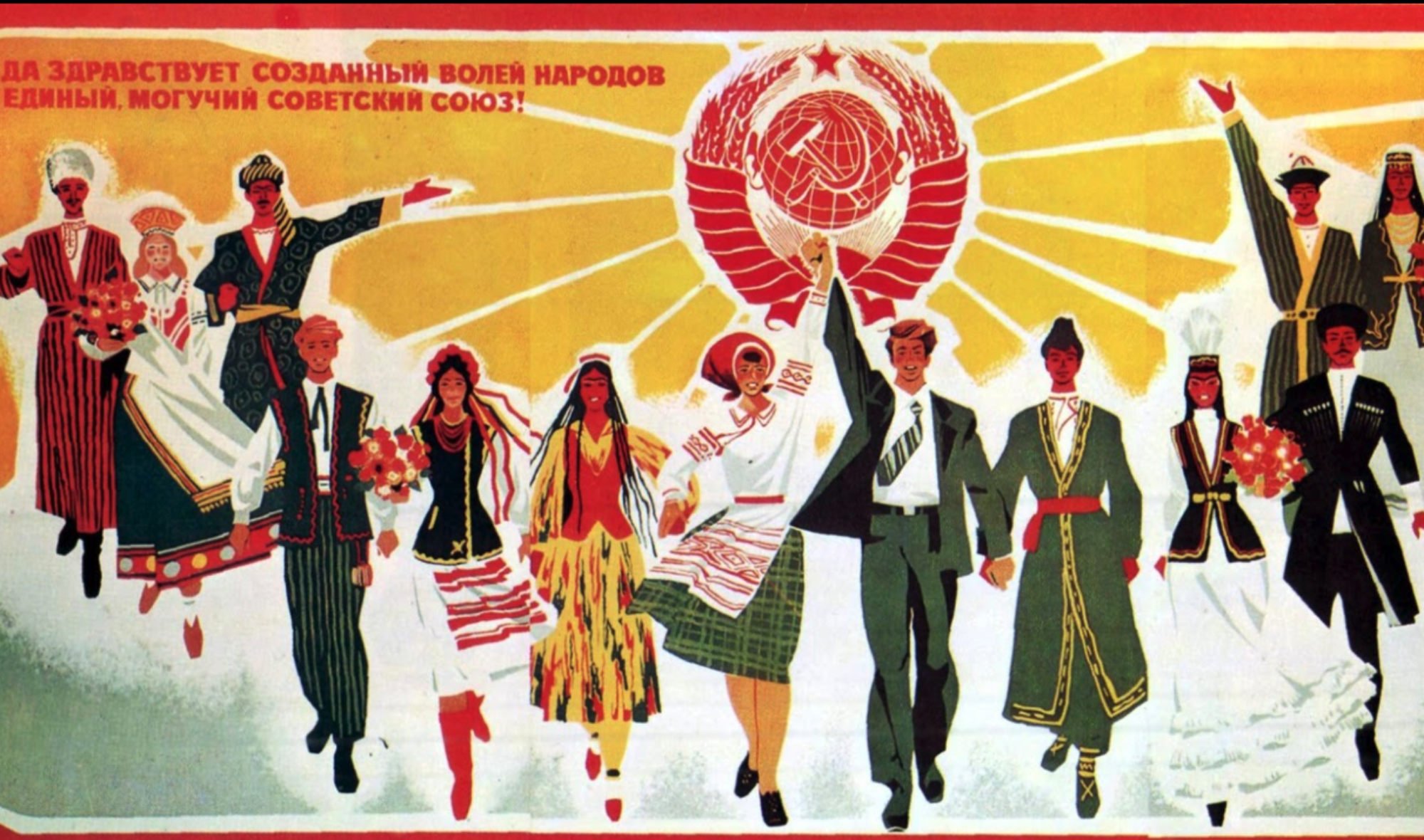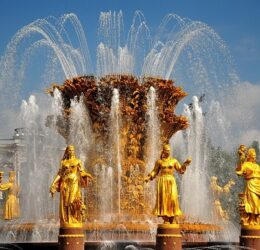Blake Aber
In A Biography of No


Cultural Construction in the Soviet Empire (HIS315 F20)
National in Form, Socialist in Content!
Blake Aber
In A Biography of No
I find it interesting on what inhabitants were to do in the Kresy region and as well as other borderland boundaries. With the establishment of the Marchlevsk Polish autonomous Region, Pulin German Autonomous Region, as well as the hundred of other Jewish, Polish and German regions. Whereas the other inhabitants in these are at a disadvantage because their nationality was not recognized in the eyes of the Soviet Union. For the other inhabitants in these regions to speak their native languages and even take control of their schools, courts, libraries and establish their own communities, the Soviet party made them take the ultimate sacrifice to change their own identity. (Page 9 Lines 4-8) This is so problamatic because, these people carried the distinct traditional and local nationality concept. In addition, I feel that this topic is very important to our discussion lately and believe we can expand on this topic in class.
So I pose the question as to whether or not the transformation of the nationality for these people actually hurt the Soviet Union by not making these people want to become stalinist or even make them into revolutionists against the regime? Furthermore ,did the inhabitants within these regions see no other choice but to change their identity to benefit themselves or capitulate to the Soviet Union?
In the second chapter of “A Biography of No Place”, Kate Brown discusses the “threat” posed to the Soviet Union by villages and towns in the countryside. These threats include the lack of revolutionary attitudes from villagers. Brown states that this could be attributed to their ignorance of “borders, ethnicity, class, and political mood” that the Soviet Union was trying to impose upon them from hundreds of miles away. She goes on to say that these things barely existed in the daily lives of villagers who were still living their lives based on their own holidays, schedules, and religions. These “threats” caused Soviet leadership to take drastic measures, such as deportation, out on these people. Why were they so threatening to the Soviet government? What was the issue with people practicing their own culture, even though Lenin had stated in earlier speeches that they encouraged these practices?